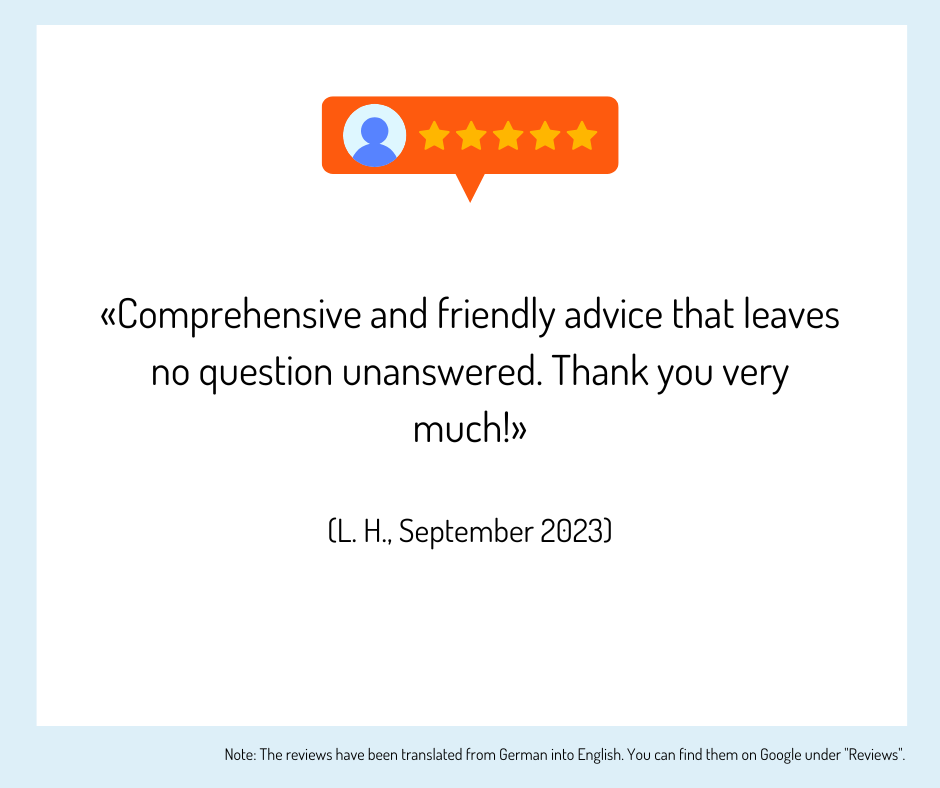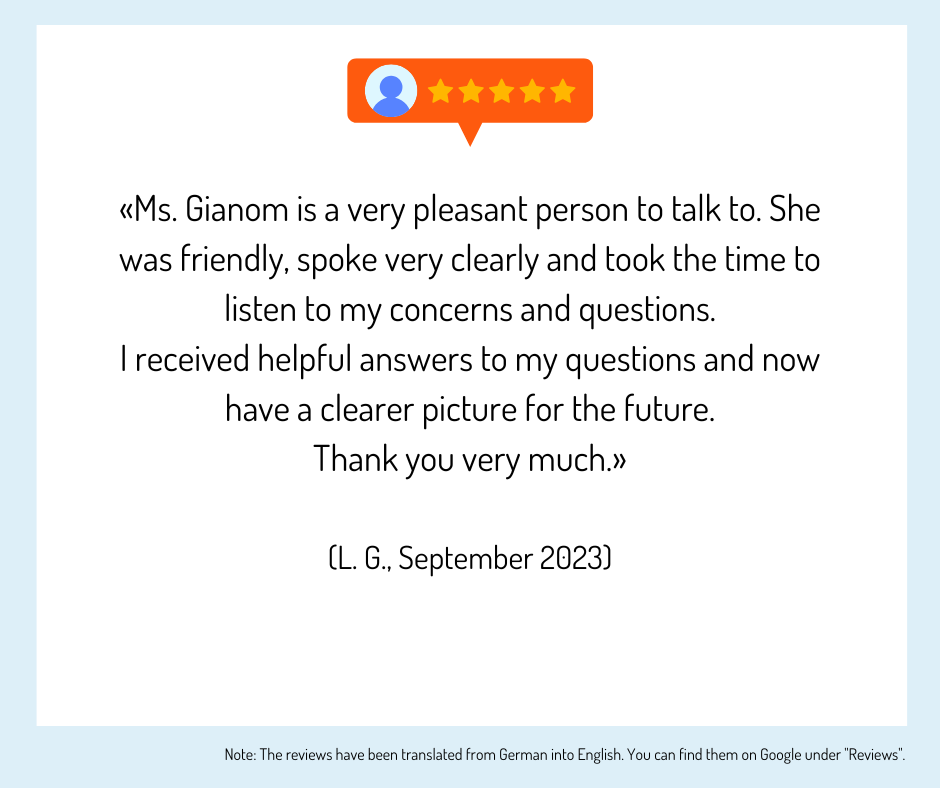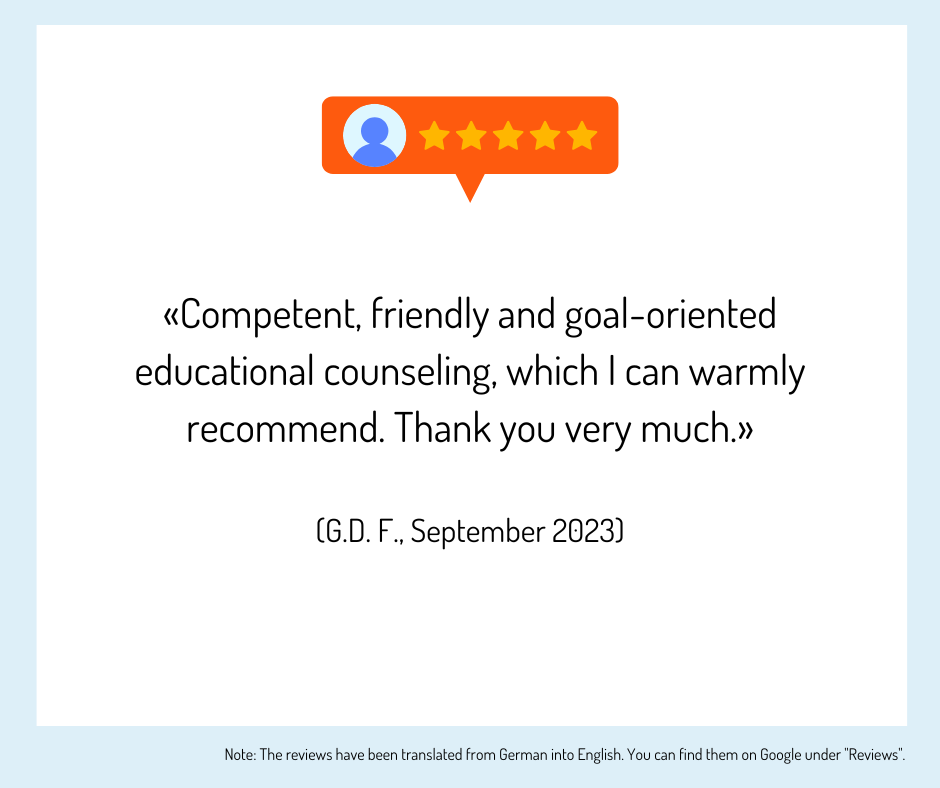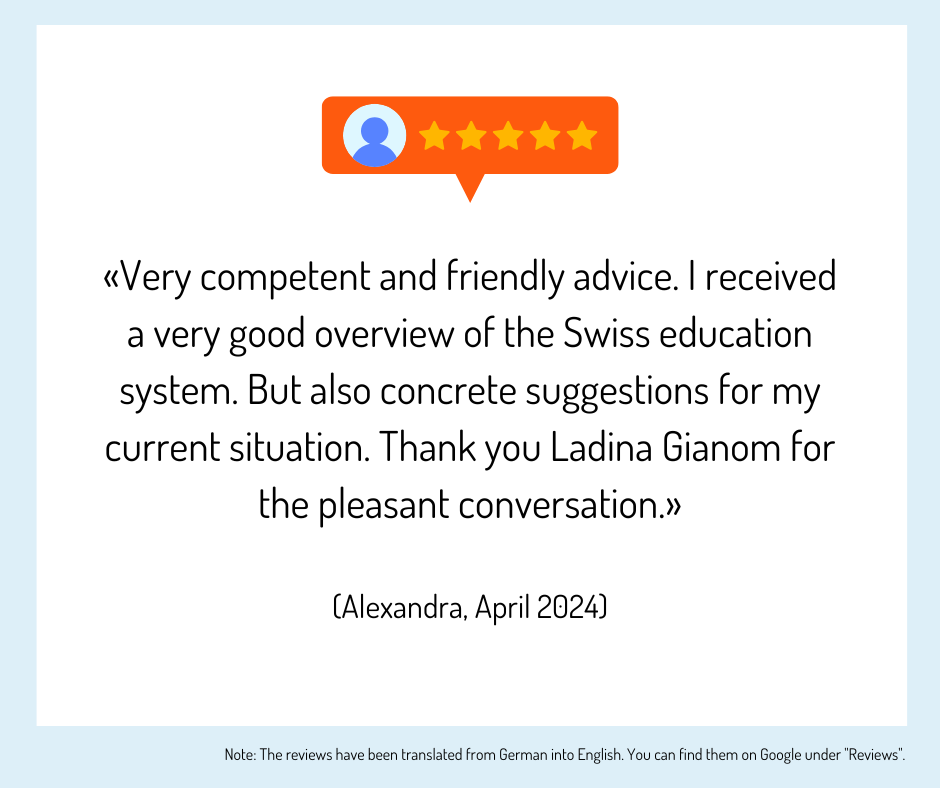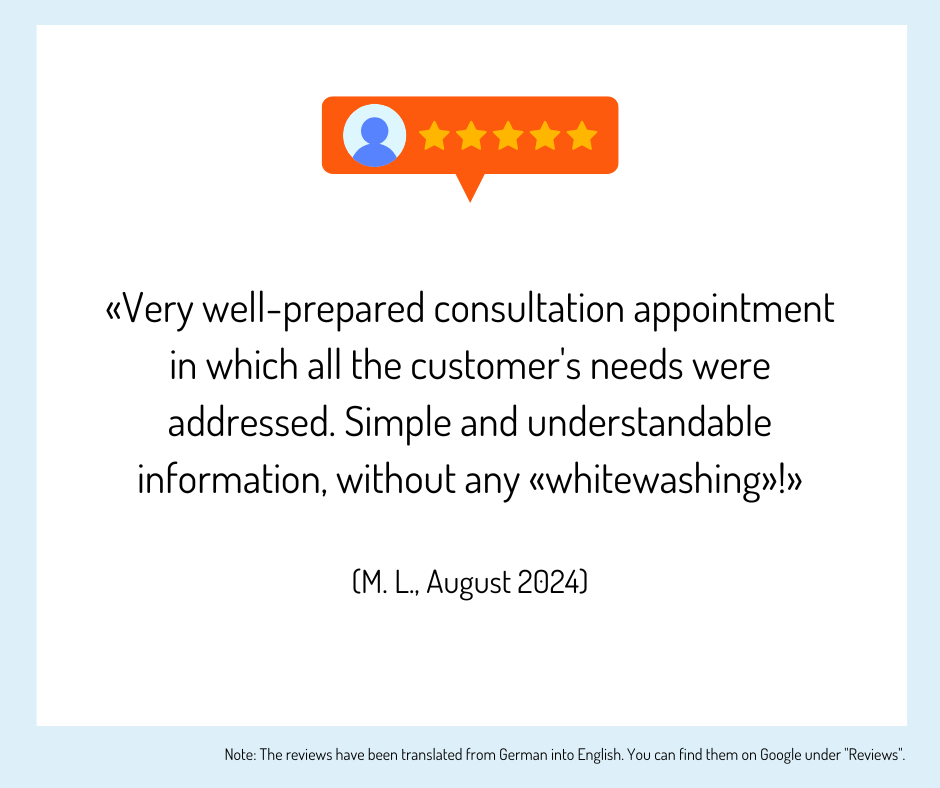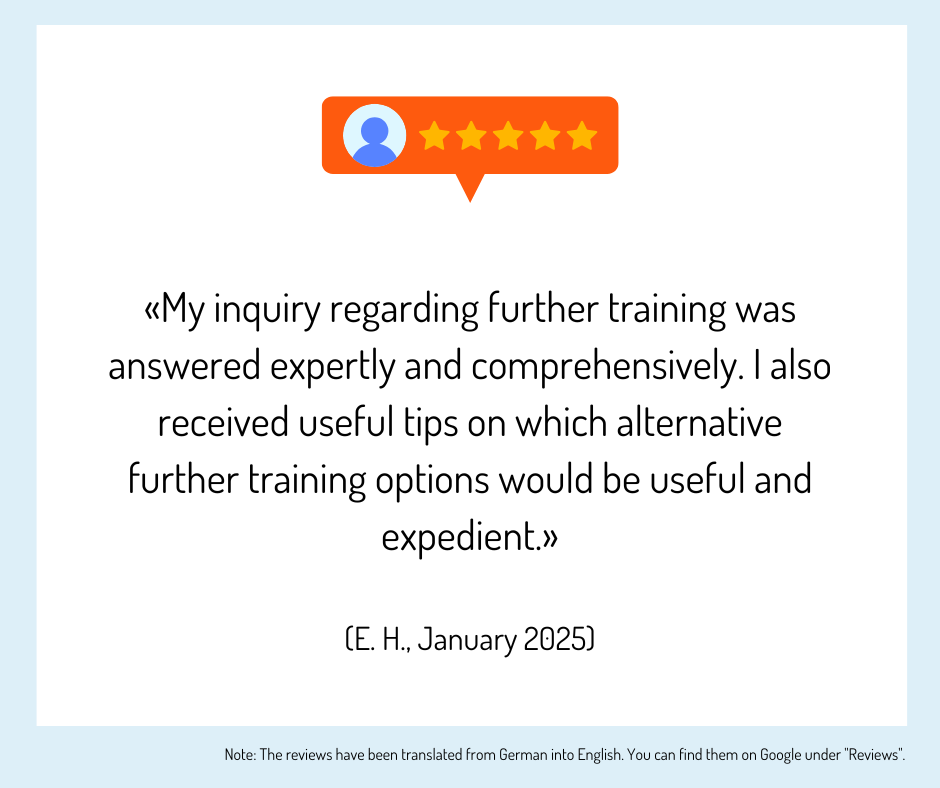Environmental engineering studies: providers, info, FAQ
Bachelor's degree in Environmental Engineering - For a safe, clean and functioning future
Questions and answers
Do I need to have previous work experience to study environmental engineering?
Persons who have completed a non-specialist vocational apprenticeship with a Federal Vocational Baccalaureate, a Specialized Baccalaureate or a Baccalaureate are required to have gained at least 12 months of work experience in a related professional field before starting the Environmental Engineering course. This is not necessary for people with an apprenticeship in the fields of health / education / social work, chemistry, technology or biology with a Federal Vocational Baccalaureate.
Can I also study part-time to become an environmental engineer?
You can study full-time or part-time to become an Environmental Engineer UAS. It is possible to maintain a job while studying environmental engineering, but you should bear in mind that the courses do not necessarily start and end at the same time every day and that they change every semester, so that regular working hours are most likely not feasible. However, it is not possible to study part-time if you are studying in French-speaking Switzerland. It is best to discuss your concerns directly with the University of Applied Sciences.
How long does a Bachelor's degree in Environmental Engineering take?
The Bachelor's degree in Environmental Engineering has 180 ECTS credits, which are designed as full-time studies with a standard period of study of 6 semesters, with part-time studies lasting 8 to 12 semesters, depending on the time commitment.
Can I start working straight away after my Bachelor's degree in environmental engineering or do I still have to complete internships?
The Bachelor's degree that you receive after completing a degree in Environmental Engineering qualifies you for employment. This means that you do not need any further practical training or education to enter the world of work.
Which specializations can I choose in the Environmental Engineering degree program?
You can choose to study Environmental Engineering at the zhaw in Wädenswil in the following specializations: Landscape Education - Tourism (LBT); Renewable Resources and Renewable Energy (NREE); Organic Agriculture and Horticulture (BLH); Urban Ecosystems; and Nature Management. In addition, you have the opportunity to choose various "minors" according to your interests, which are considered additional qualifications, namely "Species Knowledge", "Field Diagnostics and Analytics", "Life Cycle Assessment and Labeling" and "Consulting and Training".
Erfahrungen, Bewertungen und Meinungen zur Ausbildung / Weiterbildung
Haven't found the right training or further education yet? Benefit from educational advice now!
Further training is not only important in order to maintain or increase professional attractiveness, investing in training or further training is still the most efficient way to increase the chances of a pay rise.
The Swiss education system offers a wide range of individual training and further education opportunities - depending on your personal level of education, professional experience and educational goals.
Choosing the right educational offer is not easy for many prospective students.
Which training and further education is the right one for my path?
Our education advisory team will guide you through the "education jungle", providing specific input and relevant background information to help you choose the right offer.
Your advantages:
You will receive
- Suggestions for suitable courses, seminars or training programs based on the information you provide in the questionnaire
- An overview of the different levels and types of education
- Information about the Swiss education system
We offer our educational counseling in the following languages on request: French, Italian, English
Register now and concretize your training plans.



